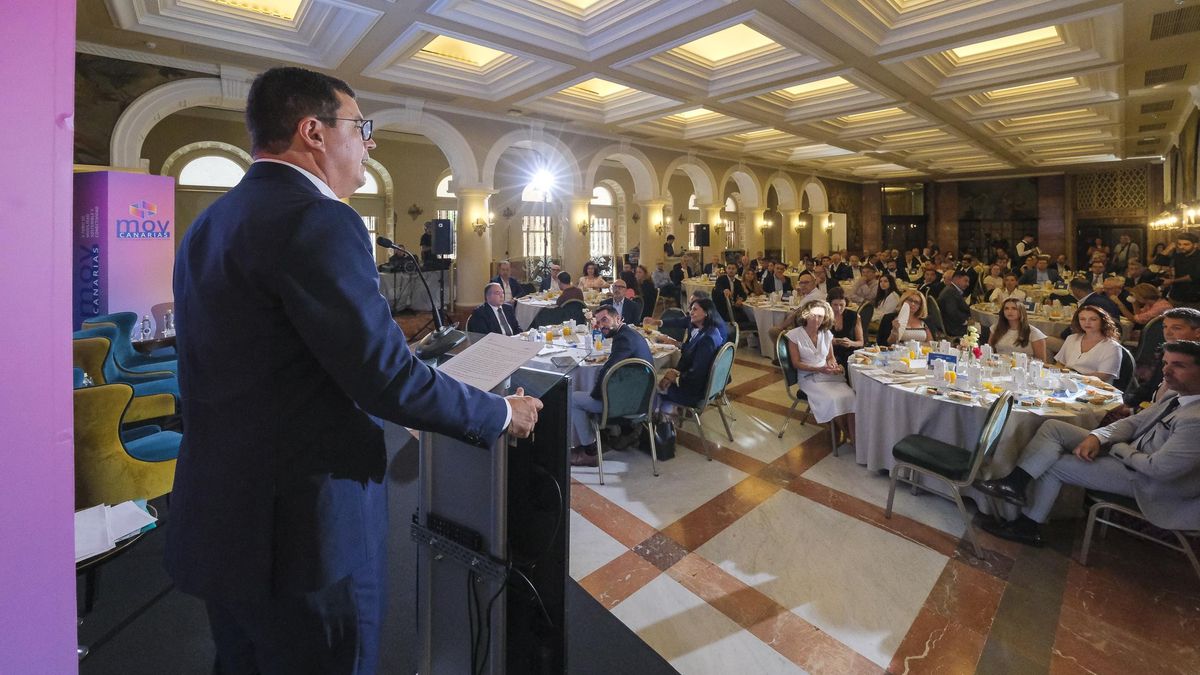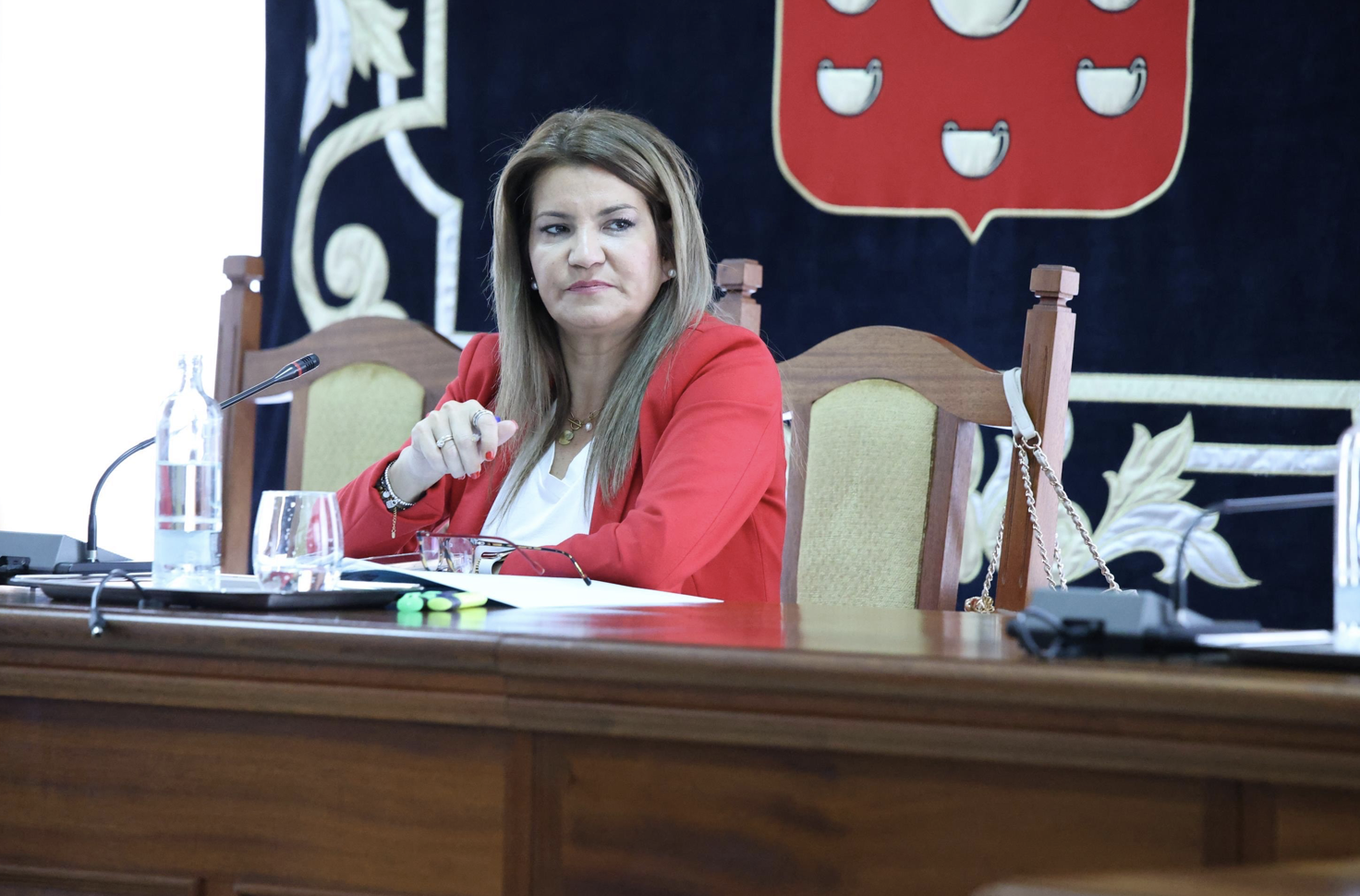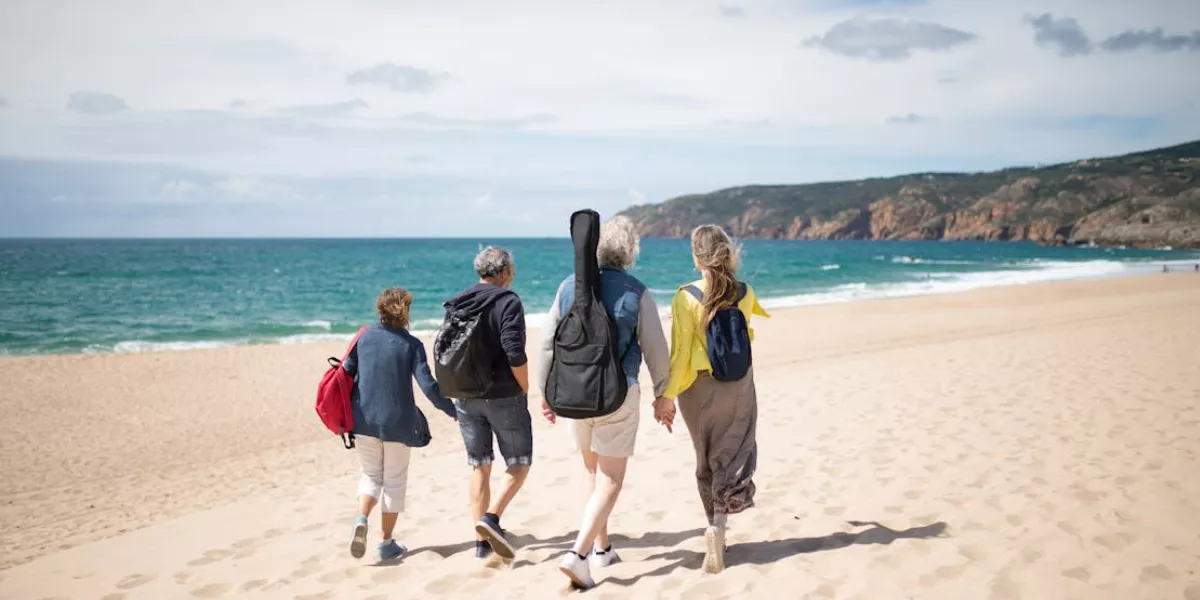The Government of the Canary Islands and the cabildos of Gran Canaria and Tenerife are prepared to advance or proportionately pay for sections of the railway lines on the two capital islands. However, they remain committed to the protocol that recognises “the general interest” of the island trains to demand that the Spanish State provide the necessary investment, estimated at over 4 billion euros over a period of seven to ten years.
The three administrations are clear that the trains connecting the capital to the airports and tourist areas in the south represent the “only sustainable alternative” to the increasing mobility of the population and traffic congestion on the roads. Therefore, they believe this is the ideal moment to advance construction and request equal treatment from the central government concerning guided land transport.
“It is true that the percentages have not been established, but what we have communicated from the Canary Islands institutions, both from the cabildos and the regional government, is our readiness to proportionately contribute a part of the funding. We are not just asking; we will also be in a position to provide funds to make the trains a reality,” declared Pablo Rodríguez, Minister for Public Works, Housing and Mobility of the Canary Islands, on Thursday.
Rodríguez inaugurated the II Forum for Sustainable Mobility and Connectivity at the Hotel Santa Catalina in the Gran Canaria capital. This event, organised by Prensa Ibérica, is titled ‘Boosting railway connectivity in the islands: Canary Islands unlocks its projects’. It was also attended by the Director General of Transport and Mobility of the regional government, María Fernández; the Mobility Minister of the Tenerife Cabildo, Eulalia García; and the Director of Sustainable Transport and Mobility of the Gran Canaria Cabildo, Manuel López.
Although the contributions from each public administration have been unclear during the lengthy preparation of these railway lines, the Special Territorial Plans (PTE) for the guided transport corridors do outline the percentages: 70% from the State, 20% from the Autonomous Community, and 10% from each cabildo, as representatives from both cabildos highlighted.
Projects
To date, the central government has financed the drafting of the projects through the Ministry of Development, with over 20 million allocated for each island. However, the Gran Canaria Cabildo, which has progressed the furthest with the paperwork, has already allocated 16.7 million euros in its budget to initiate expropriations by the end of this year or early 2026, once the Environmental Impact Declaration is obtained.
Pablo Rodríguez detailed that Coalición Canaria (CC) has included state funding for both trains in the proposal for a Royal Decree Law that it will send to the central government to fulfil the so-called “Canarian agenda”, the agreement between the island nationalists and the PSOE for the investiture of Pedro Sánchez.
Given the complicated national political situation, the primary option proposed by the island institutions is to include the funding for both railways in the General State Budget for 2026 through multi-year allocations until all works are completed, which could take more than a decade. If the central government fails to secure a majority to approve those budgets, which is the most likely scenario, alternative solutions will be sought under the umbrella of this protocol, which officially recognises for the first time that the Canary Islands trains are of general interest.
Agreement
Among other “creative” solutions, the regional minister and María Fernández cited the signing in 2018 of the State-Canary Islands Roads Agreement, which has enabled the completion of numerous works on the road network to date and in future years.
There are “other opportunities” to secure state and European funds, such as the forthcoming Sustainable Mobility Law that the central government is developing, which includes a provision to recognise the general interest of these railway projects.
“We are exploring various options, being aware of the political reality of the Congress and the State, which is vastly different from that of the Canary Islands. The two projects exceed 4 billion euros, but everything will not be done at once; the idea is to develop them in phases,” Rodríguez clarified.














